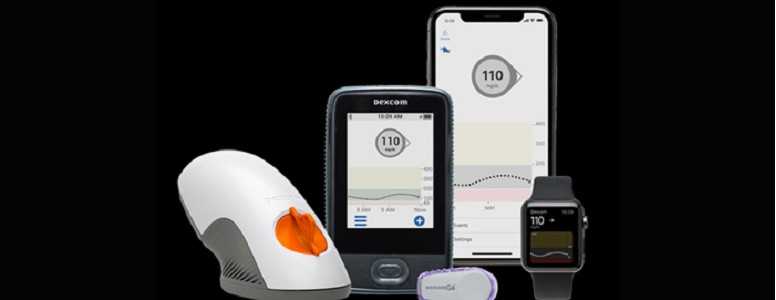The Dexcom G6 continuous glucose monitoring (CGM) system provided accurate readings for 10 consecutive days in a new trial.
The G6 also removed several clinical barriers to enhanced use, according to the study authors, who hope the findings serve to increase the CGM’s use among people with diabetes.
The G6 is a standalone CGM which in June was awarded a CE Mark, confirming it meets the essential requirements of the Medical Device Directive MDD, relating to laws within the European Union.
It features 10-day wear without the need for finger-stick blood glucose tests for calibratio, and is easily inserted under the skin. The G6 sensors are also slimmer than previous Dexcom sensors.
While the G6 is available to order in the UK, it is not yet available on NHS prescription, and Dexcom researchers are striving to show that the device is cost-effective enough for it to be approved.
In this study, 262 adults and children with either type 1 diabetes or type 2 diabetes used the G6 for 10 days. Their continuous blood sugar levels were then compared with glucose concentrations of matched control participants taken in a laboratory setting.
Similar results were observed among the G6 and non-G6 groups when establishing the mean difference between blood glucose readings. The sensor’s survival rate for 10 days of wear was 87%.
The hypoglycemia alert that predicts low blood sugar within 20 minutes functioned correctly 30 minutes prior to a hypo 84% of the time.
Buoyed by the positive findings, the researchers added that a number of clinical benefits were observed in the trial. The G6 does not need require finger-stick calibratio, has simplified sensor insertion and also improved consistency in performance.
“The G6 system removes several barriers to using [CGMs], which may lead to increased use of [CGMs] in people with diabetes,” concluded the authors.
The findings have been published online in the journal Diabetes Technology &Therapeutics.
What's new on the forum? ⭐️
Get our free newsletters
Stay up to date with the latest news, research and breakthroughs.







